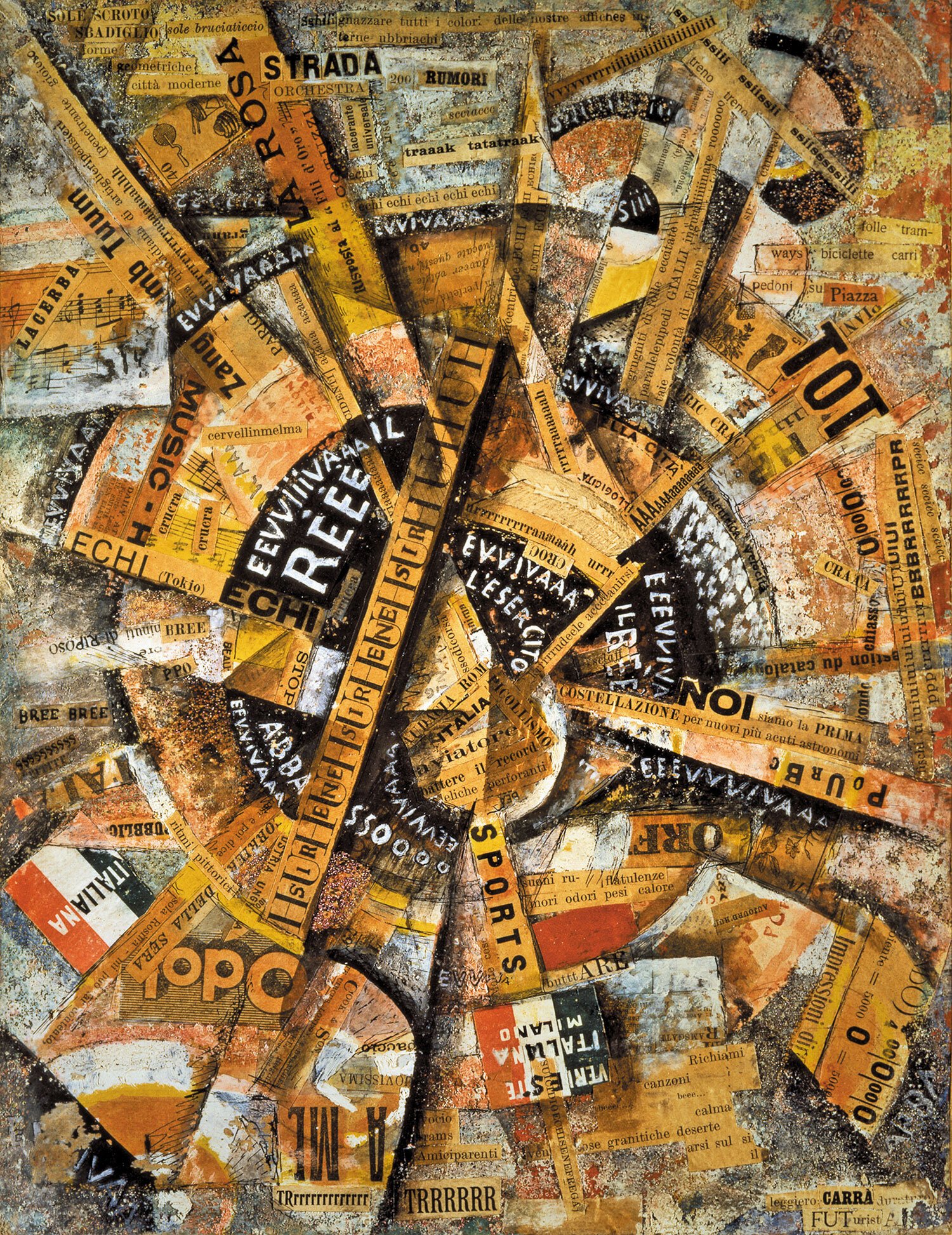The Genealogies of Modernity Journal
Symphony of Life: Wilhelm Dilthey’s Philosophy of History
By observing the patterns in history and finding the hidden unity behind them, we can formulate ideals and new futures based on a better understanding of what humanity is.
Henriikka Hannula develops Dilthey’s philosophy for life.
Discovering the Women at the Heart of Philosophy
The rediscovery of neglected texts has made it increasingly clear that women have always done philosophy, even where this work has been obstructed, lost, forgotten, or misattributed.
Anna Ezekiel on the excision of women from philosophical memory
Joy to the World: Seneca on the Mutual Pleasure of Gift-Giving
This year, I’ve decided to take a new approach to Christmas gift-giving—one inspired by the Roman Stoic philosopher Seneca.
J. LaRae Cherukara goes Christmas shopping with Seneca.
Excommunicating Exoskeletons: The Case of Gregarious Grasshoppers
Why excommunicate these leggy litigants who had never been communicated? Whose chirps of defense fall on unwitting human ears?
Maggie Slaughter on grasshoppers
Beyond the Reach of Modern Reason: Thomas Gricoski’s Being Unfolded
Philosophy cannot be reliably quarantined from the reign of theology, for any reflection on being necessitates reflection on the eternal source of all being
Katherine Apostolacus follows Edith Stein through phenomenology into theology
Human Dignity in the Technological Age
Growing dependence on technology allows the kind of independence the modern person craves: self-willed autonomy.
Catherine Yanko reads Romano Guardini during our digital lock-down
We Are What We Behold
While the ancients may have had the science wrong, the reality of the experience to which they referred by the “Gorgon effect” still rings true today.
J. Larae Cherukara revaluates forgotten theories of optics
Weighted Branches: Wishing Trees, Holy Wells, and Vibrant Matter
As I stand in this virescent orchard of hope, looking at those who have lain their truths in its roots, it seems to matter little that boys urinated here, dogs died there, or garbage litters the organic horizon of peat.
Maggie Slaughter on sacred trees and wishing wells.
Strange Rites in a Spiritual Wilderness
The language all of these “pagans” use, and every other Western reaction against Christianity, remains Christian. Perhaps we don’t escape our history after all.
Micah Meadowcroft reviews Tara Isabella Burton’s Strange Rites.
Modernity Is a Word of Crisis: Cyril O’Regan on Christian Memory
What O’Regan emphasizes for Christian genealogy is the work of memory. We all too easily forget; we are all tempted by misremembering. We must keep vigil for the return of our Master.
Terence Sweeney reviews Exorcising Philosophical Modernity.
On the Ambiguity of Conversion
By understanding phenomenology first and foremost as possibility, it is possible to recover its capacity for converting us to the real.
Humberto González Núñez reviews Edward Baring’s Converts to the Real.
Ten Thousand Angels and Comic-Book Theodicy
The paradox of theodicy is that the truly memorable parts are not the resolutions but the unresolved tensions that no literary narrative or philosophical formulation can fully address.
Chris Fite on the theodicy of comic-book universes.
Neither Modern nor Post-Modern: Newman on Certitude
“Far better for a true philosopher to admit that our ordinary way of thinking is not only rational, but actually more rational because more complete.”
David P. Deavel writes on John Henry Newman’s understanding of certitude.
You Must Wager: A Genealogy of Commitment
If people choose to go on speaking nonsense, that’s just part of the game. What ‘One True Life’ offers is an invitation to play a different one, the stakes of which could not be higher.
Taylor Ross reviews One True Life and finds we must change our lives.
End without End: Mourning during the Coronavirus
For however emptied out a religious rite might appear, it still confirms that the unnamable experience of death has a place within the universe.
Donato Loia reflects on rituals of death in the modern world.
Gnostic Modernity
Gnosticism is not limited to the Christian heresy, but is an entire worldview built on the belief that the world in which we live is not actually good, true, or beautiful.
Rachel Coleman asks whether modernity is fundamentally gnostic.
The Promise and Problem of Pop Stoicism
Philosophy has a reputation for being lofty and arcane, but Stoic texts have left dusty philosophy bookcases and have found themselves in the hands of eager readers
Christopher Quintana explores the contemporary fascination with Stoicism.
Restoring Being and Goodness
Desmond attempts to awaken us to the ‘blooming, darting, singing world’ that exists beyond our construction.
Terence Sweeney reviews William Desmond’s recent work The Voiding of Being
St. Peter’s Square, Pope Francis, and the Space in-Between
A pandemic forces us to confront one of the most important and essential religious problems: the problem of theodicy.
Donato Loia meditates on certainty, faith, and an empty St. Peter’s Square.
On Meaning and History
Intention is only in the attempt, not the deed. The meaning of an act is discovered in the dialectic between the stretched hand and what it finds.























